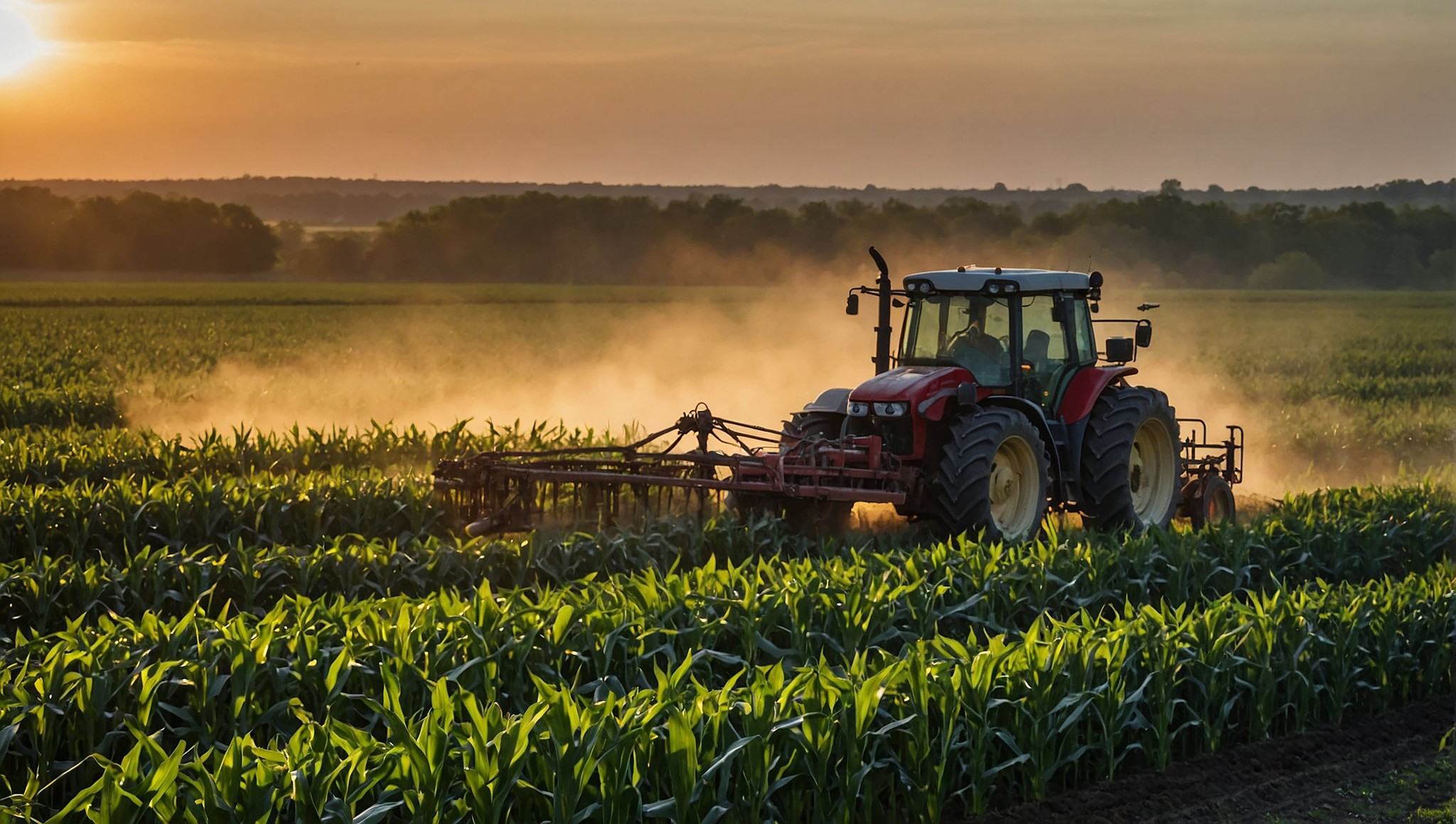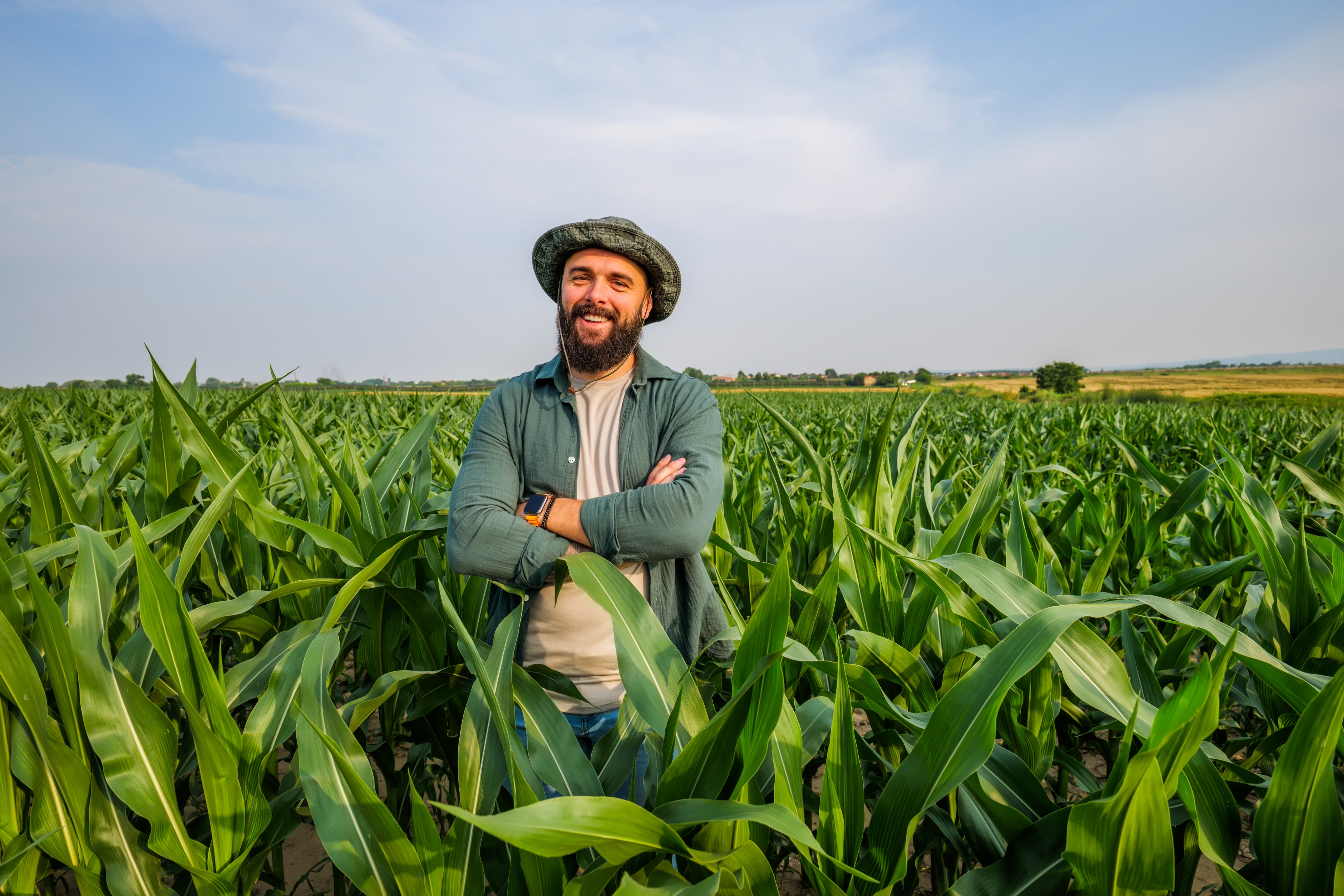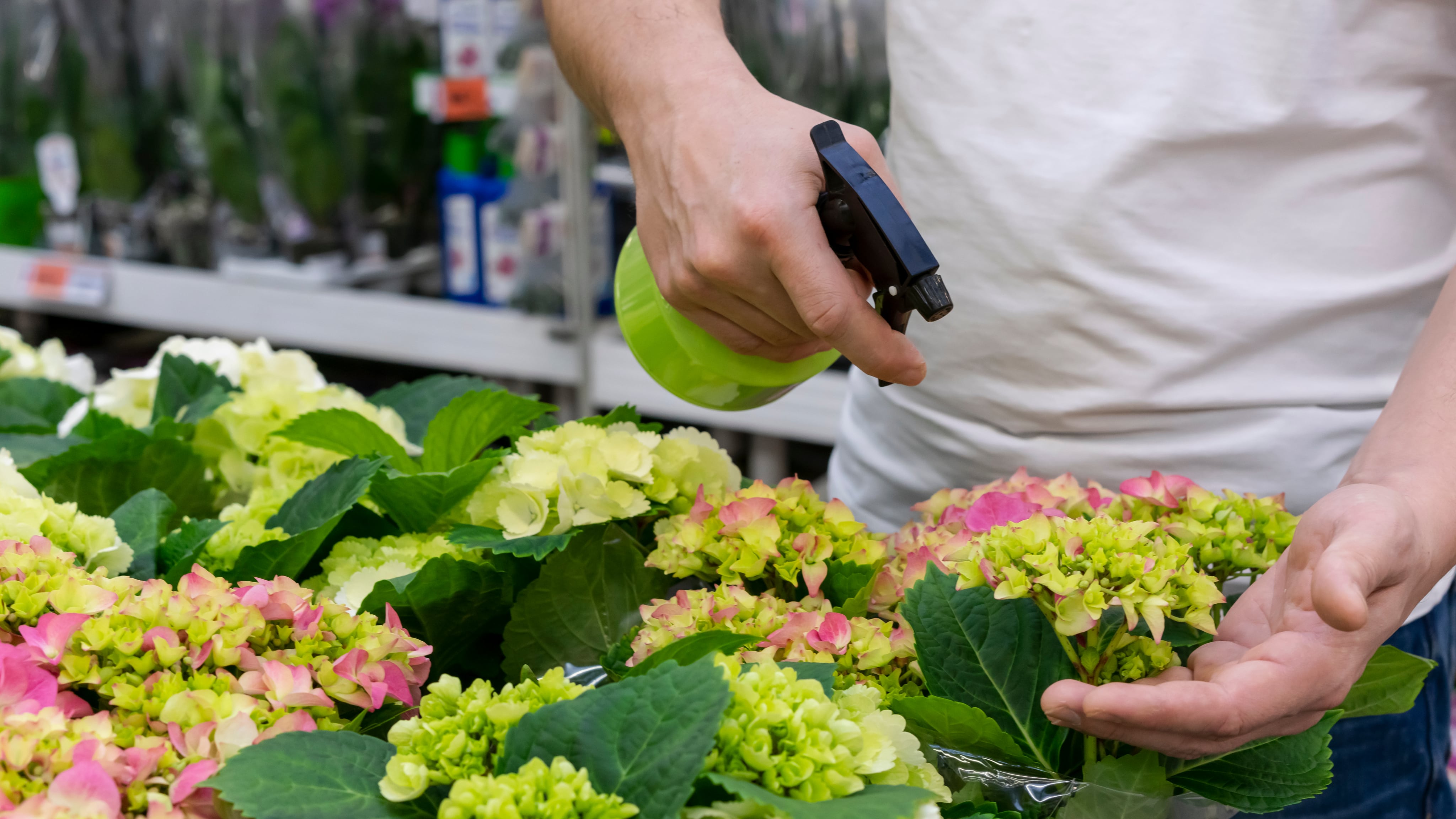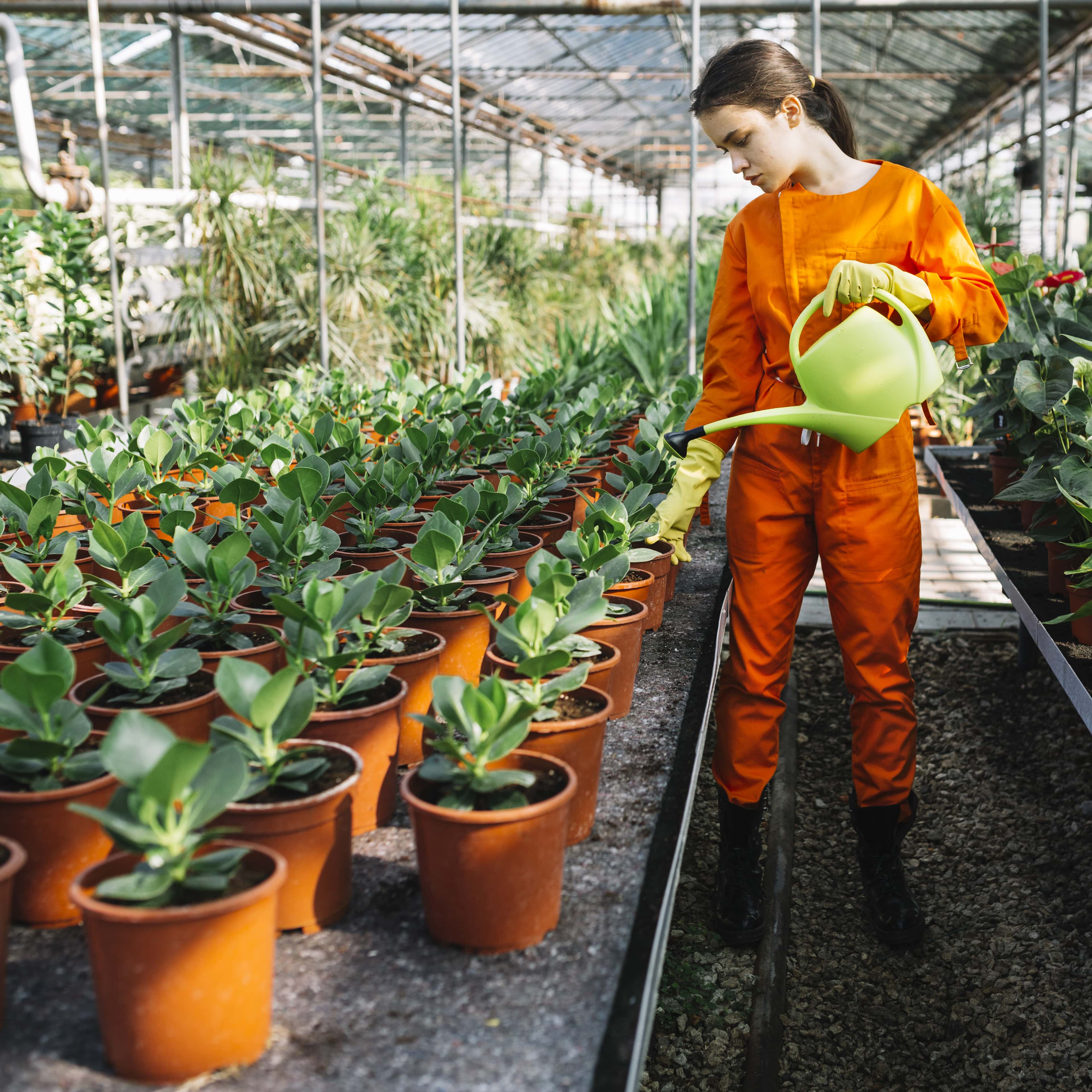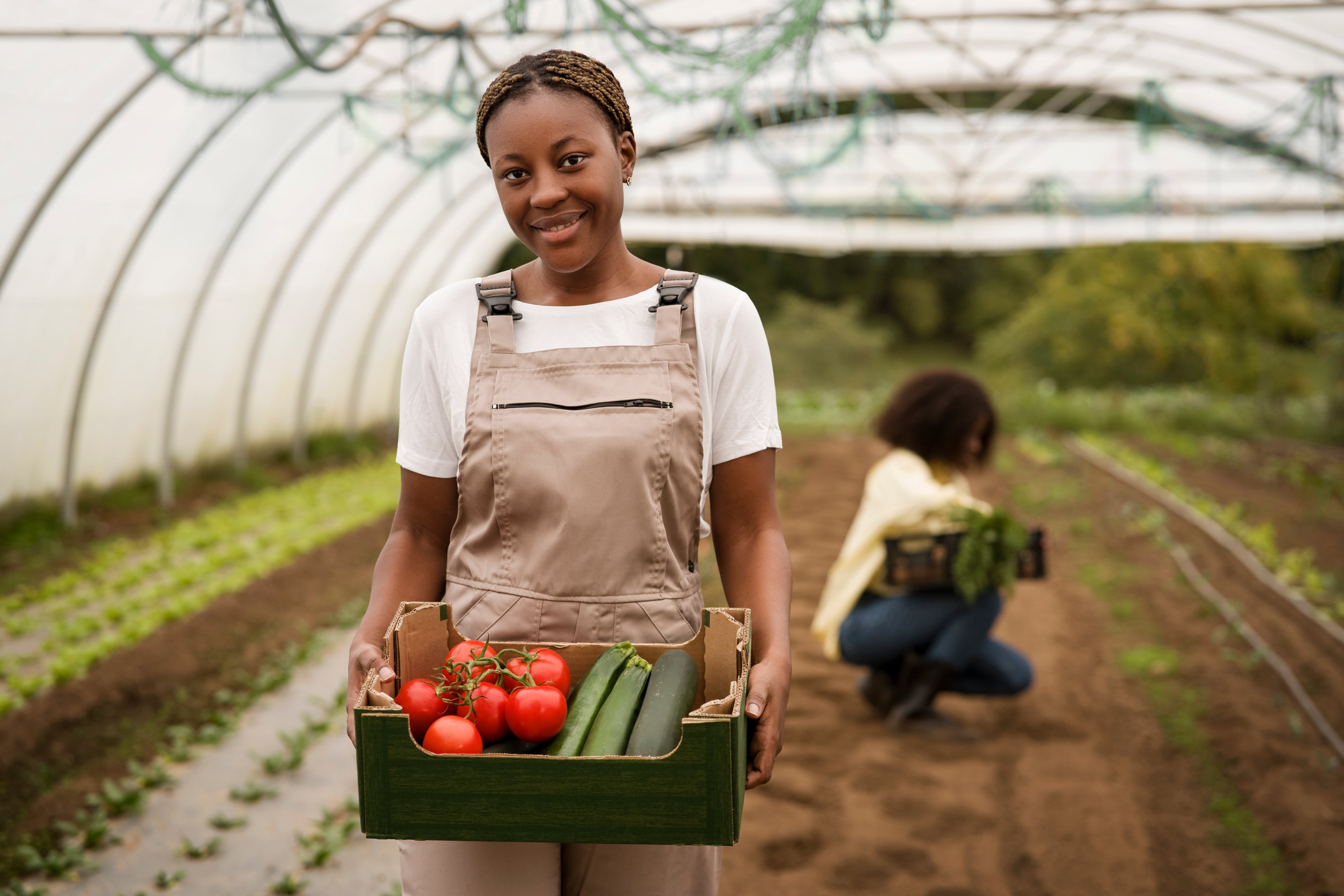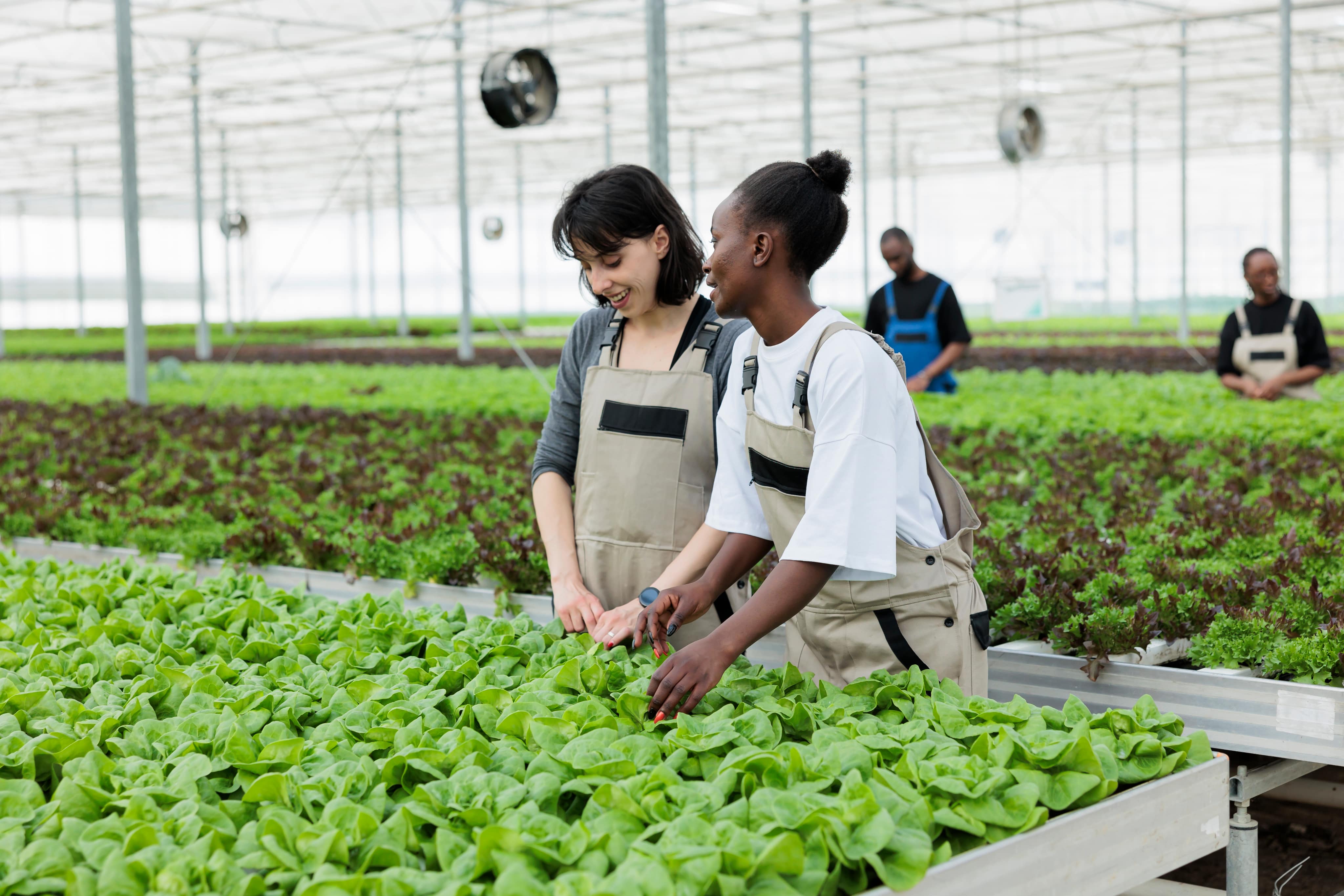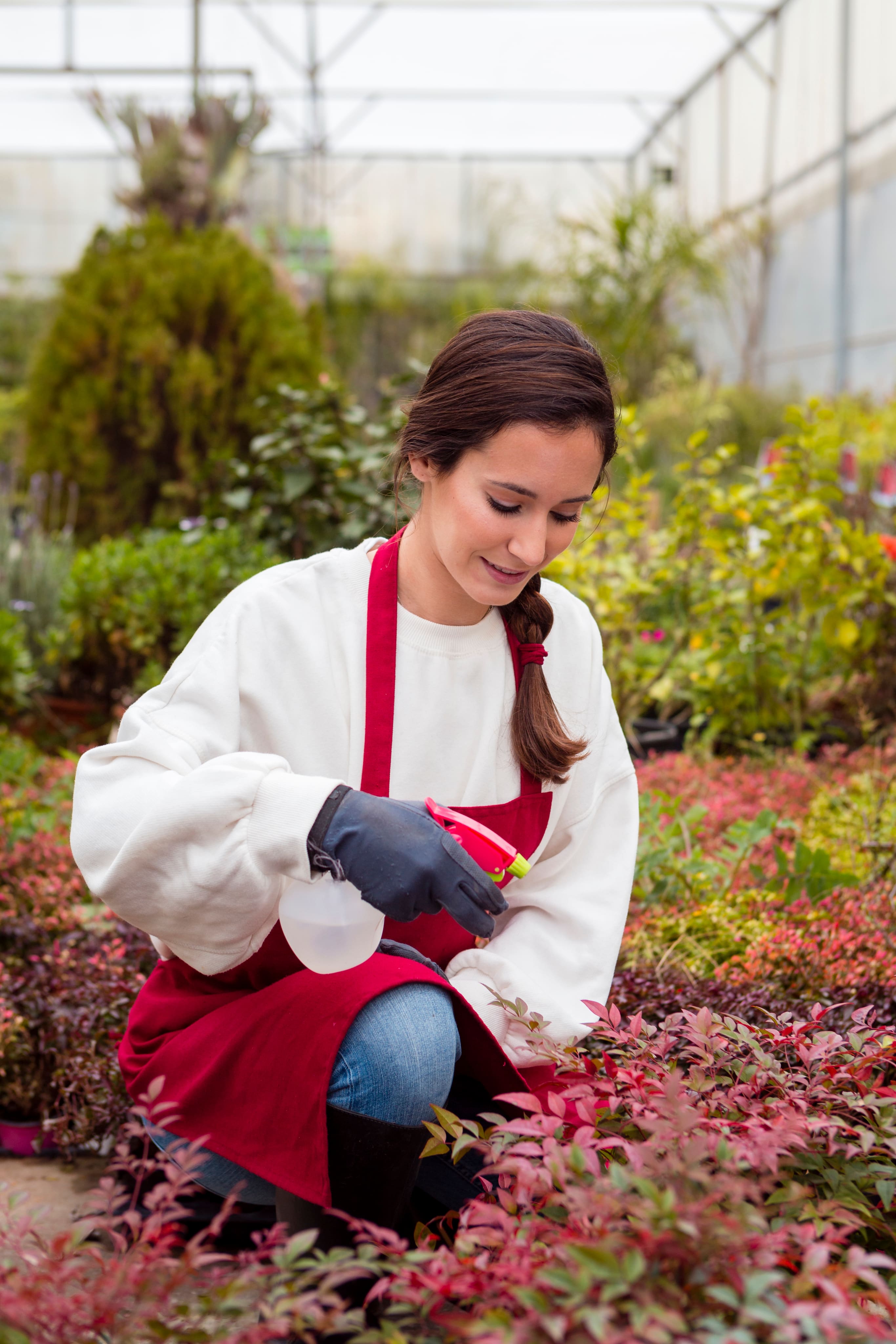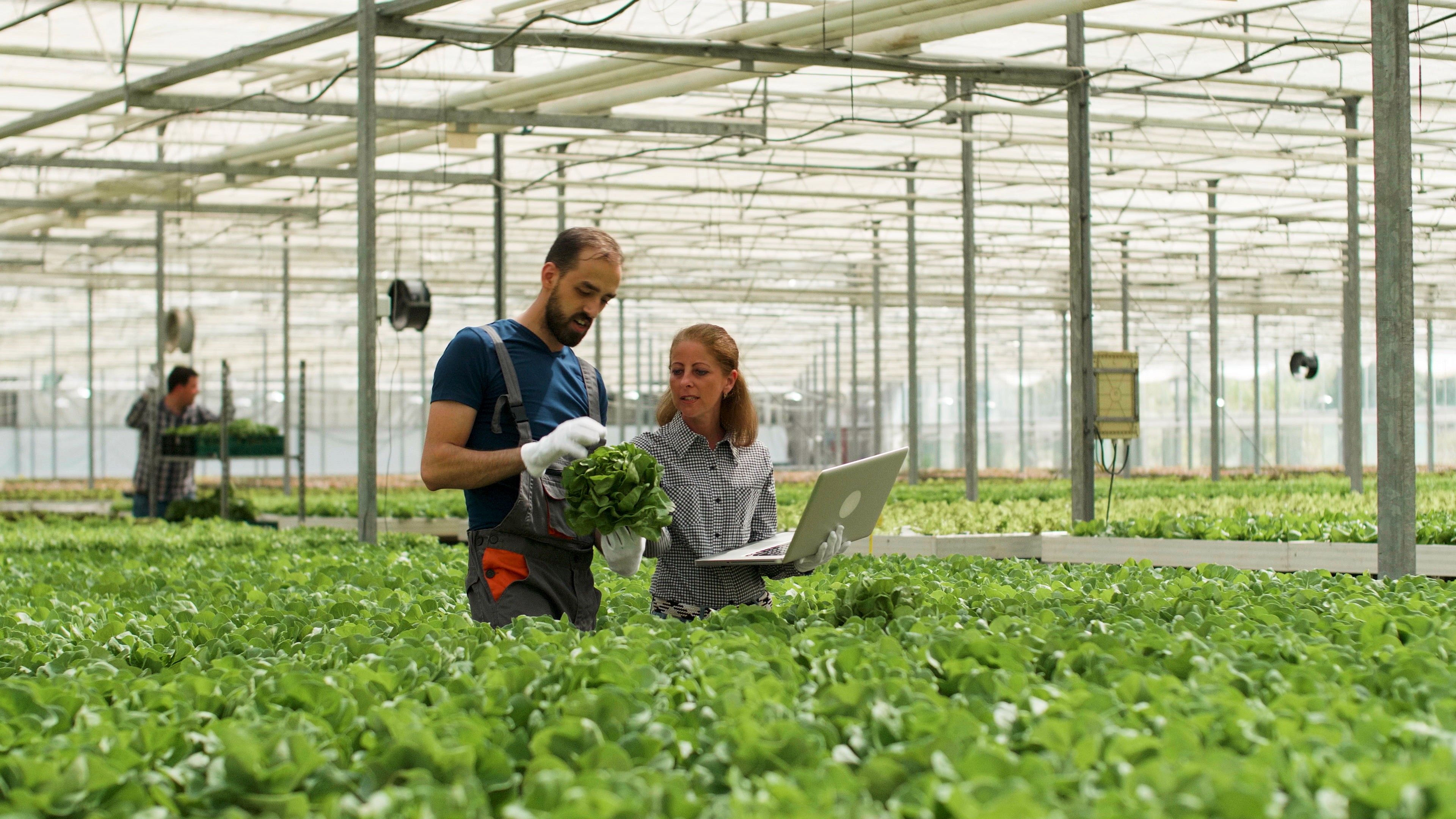Project Info
Farmer Name:
Emily Parker
Client Name:
Michael Reed
Project Value:
$2,500
Category:
Urban Agriculture
Start Date:
October 26, 2024
End Date:
January 30, 2028
Location:
New York City, New York
Vertical Farming Innovation
The Vertical Farming Innovation project revolutionizes traditional farming by utilizing vertical space in urban environments. This cutting-edge method allows for high-density crop production in limited spaces, making it perfect for cities. Using hydroponics and LED grow lights, vertical farming enables fast, sustainable, and efficient vegetable cultivation without the need for large areas of land.
Here to Know About This Project
Vertical farming is a game-changer for urban agriculture, allowing crops to grow vertically in stacked layers. This space-saving technique makes it possible to farm in densely populated areas, bringing fresh produce closer to consumers. Using hydroponics, plants are grown in nutrient-rich water rather than soil, ensuring faster growth and higher yields.
LED grow lights replicate natural sunlight, creating optimal conditions for plant growth 24/7. This allows for year-round production without the limitations of outdoor farming. The water used in hydroponic systems is recirculated, significantly reducing water consumption compared to traditional farming methods.
Project Requirement
➡ Hydroponic Systems: Set up vertical hydroponic towers to maximize space usage.➡ LED Lighting: Install energy-efficient grow lights for consistent, optimal growth conditions.➡ Water Efficiency: Use a closed-loop system to minimize water waste.➡ Nutrient Management: Monitor and manage nutrient levels for healthy crop growth.➡ Urban Implementation: Adapt vertical farms to fit within urban landscapes and facilities.➡ Sustainability Focus: Reduce land use, water consumption, and transportation for fresher produce.
Analysis & Planning
This project focuses on implementing vertical farming solutions in urban spaces, providing fresh vegetables with minimal environmental impact. The planning phase involves selecting the right crops, designing efficient hydroponic systems, and ensuring energy efficiency with LED lighting. We also consider the logistics of urban farming, ensuring that the fresh produce can be delivered quickly to local markets.

"Bringing fresh, sustainable produce to cities—farming the future, one vertical layer at a time."
-Michael Reed
Project Solution
Our vertical farming solution maximizes the use of available space by stacking plants vertically in hydroponic systems. The closed-loop water system conserves water, while the LED grow lights allow for continuous production without relying on natural sunlight. This innovative farming method reduces the need for transportation, cuts down on water use, and provides a steady supply of fresh vegetables to urban communities.
